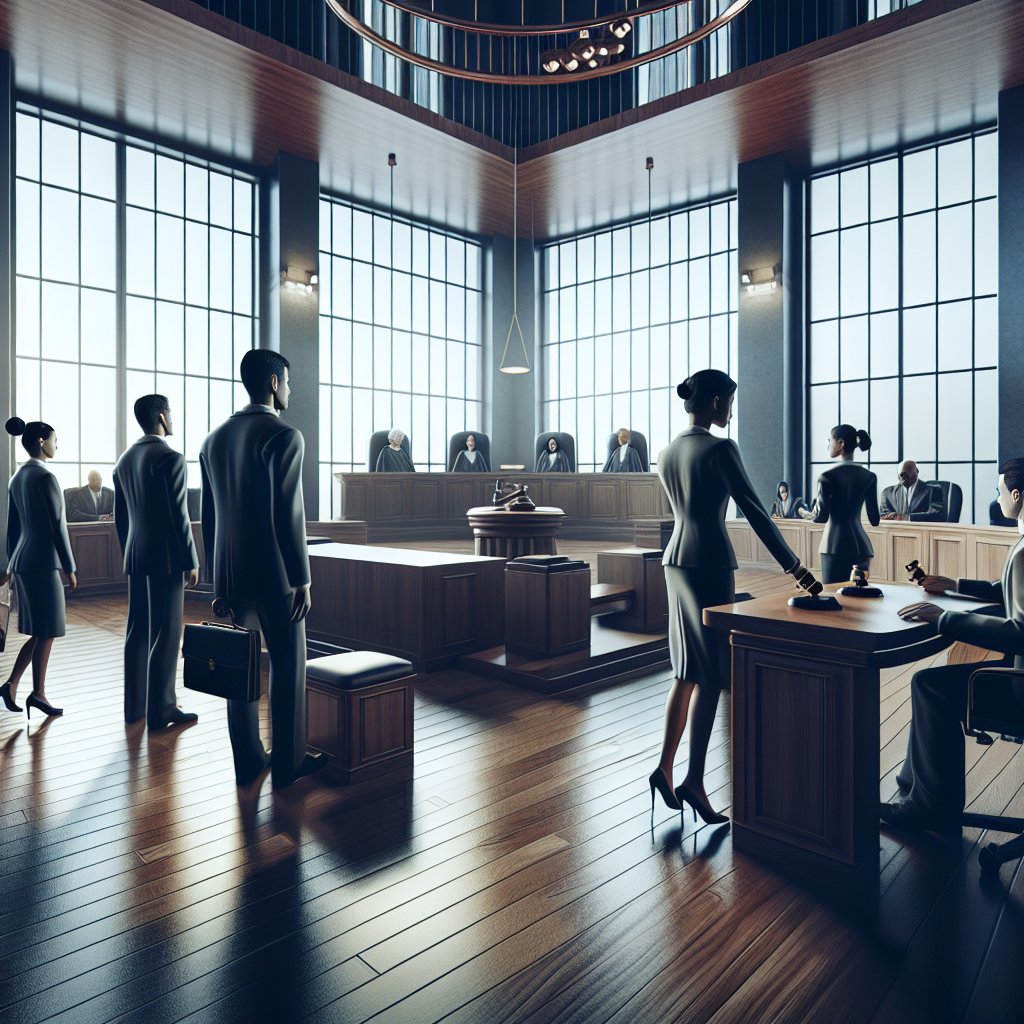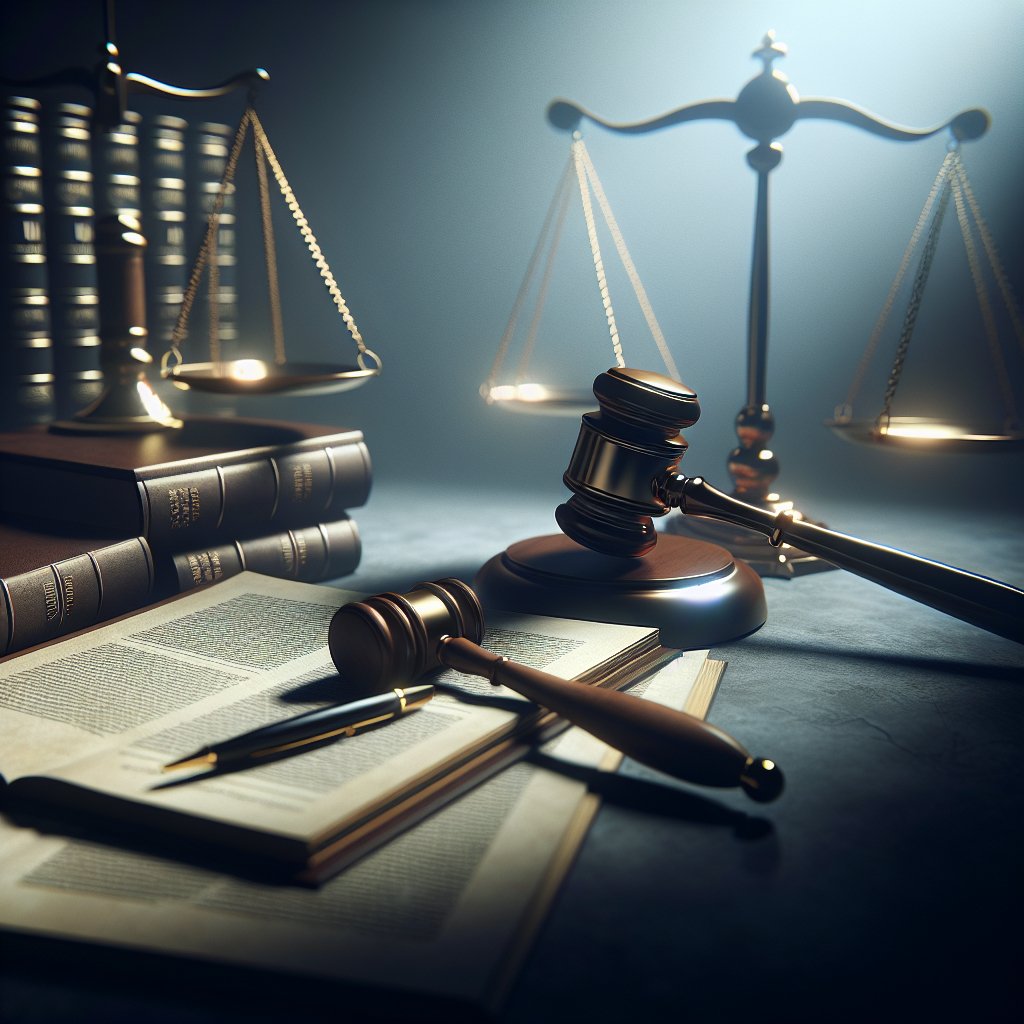The role of a judge in a criminal trial is a cornerstone of the judicial process, ensuring that justice is served while maintaining the integrity of the legal system. Judges are tasked with a multitude of responsibilities that require a deep understanding of the law, impartiality, and the ability to manage complex courtroom dynamics. This article delves into the multifaceted role of judges in criminal trials, exploring their duties, challenges, and the impact they have on the justice system.
The Responsibilities of a Judge in a Criminal Trial
Judges in criminal trials are entrusted with the critical responsibility of overseeing the legal proceedings to ensure they are conducted fairly and in accordance with the law. Their duties begin long before the trial itself, as they are involved in pre-trial motions and hearings. During this phase, judges make crucial decisions on matters such as bail, admissibility of evidence, and the validity of charges. These decisions can significantly influence the course of the trial and the strategies employed by both the prosecution and defense.
Once the trial commences, the judge’s role becomes even more pronounced. They are responsible for maintaining order in the courtroom, ensuring that all parties adhere to procedural rules and legal standards. This includes ruling on objections, providing instructions to the jury, and ensuring that the rights of the accused are protected throughout the trial. Judges must remain impartial, setting aside personal biases and focusing solely on the facts and the law.
In addition to these responsibilities, judges also play a crucial role in interpreting the law. They must apply legal principles to the specific circumstances of each case, often making complex legal determinations that can have far-reaching implications. This requires a deep understanding of legal precedents and the ability to analyze and synthesize information from various sources.
The Challenges Faced by Judges in Criminal Trials
Judges in criminal trials face numerous challenges that test their skills and resilience. One of the most significant challenges is maintaining impartiality in the face of intense public scrutiny and media attention. High-profile cases, in particular, can attract significant public interest, and judges must navigate the pressures of public opinion while ensuring that their decisions are based solely on the law and the evidence presented in court.
Another challenge is managing the emotional and psychological toll of presiding over criminal cases. Judges are often exposed to graphic evidence and hear testimony about heinous crimes, which can be emotionally taxing. They must remain composed and objective, ensuring that their personal feelings do not influence their judicial decisions.
Furthermore, judges must balance the need for efficiency with the requirement for thoroughness. Criminal trials can be lengthy and complex, and judges must manage the proceedings to avoid unnecessary delays while ensuring that all relevant evidence is considered. This requires strong organizational skills and the ability to make quick, informed decisions.
In addition to these challenges, judges must also stay abreast of changes in the law and legal precedents. The legal landscape is constantly evolving, and judges must continuously update their knowledge to ensure that their rulings are consistent with current legal standards. This requires ongoing education and a commitment to professional development.
The Impact of Judges on the Justice System
The role of judges in criminal trials extends beyond the courtroom, as their decisions can have a profound impact on the justice system as a whole. Judges set legal precedents that influence future cases, shaping the interpretation and application of the law. Their rulings can also prompt legislative changes, as lawmakers may respond to judicial decisions by amending existing laws or enacting new ones.
Moreover, judges play a vital role in upholding the principles of justice and fairness. By ensuring that trials are conducted impartially and in accordance with the law, judges help to maintain public confidence in the legal system. Their commitment to justice serves as a safeguard against abuses of power and ensures that the rights of individuals are protected.
Judges also contribute to the development of legal standards and practices. Through their rulings and written opinions, they provide guidance to other judges, lawyers, and legal scholars, helping to clarify and refine legal concepts. This contributes to the consistency and predictability of the legal system, which is essential for ensuring that justice is applied fairly and uniformly.
Conclusion
The role of a judge in a criminal trial is both challenging and essential to the functioning of the justice system. Judges are tasked with ensuring that trials are conducted fairly, impartially, and in accordance with the law, while also navigating the complexities and pressures of the courtroom. Their decisions have far-reaching implications, shaping legal precedents and influencing the development of the law. As such, judges play a critical role in upholding the principles of justice and maintaining public confidence in the legal system.




